Region
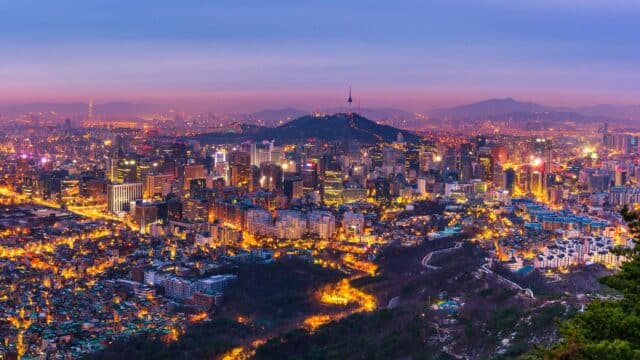
South Korea’s Renewable Energy Transition and Its Barriers
An analysis of the main obstacles that slow down the renewable energy transition in South Korea and the country's efforts to achieve net-zero by 2050.
Importance of Climate Finance and Climate Change to Strengthen Global Solidarity
Analysts are clear: climate financing is insufficient and unevenly distributed. Developing Asian countries, especially those in the south, have to be the most concerned, considering they are the most vulnerable to climate crisis impacts.
What Is the Future of Sustainability in Sports and Sponsorships?
The focus of sports has long been on competition, show and profit. Little emphasis has...
The Curious Case of SMBC Group – Financing Climate Change Offenders
While SMBC Group has taken some positive steps in terms of its green commitments, it falls way behind global and even local competitors. Unless the financial institution makes a dramatic U-turn, it will bear the consequences of excessive stranded asset and reputational risks.
Solar Power in Singapore: A Shining Energy Source
Singapore is working to meet 28% of its peak power demand with solar energy by 2030. The country chose solar as its main renewable energy focus due to its high levels of solar irradiance and limited land area. To meet these targets, Singapore will need to invest in innovative approaches to harness its solar power, like floating PV systems.
Hyundai Backtracks On RE100 Pledge With New Ulsan LNG Plant
After joining RE100 and committing to 100% renewable energy, Hyundai Motor Company released plans for a new LNG facility. This directly contradicts its RE100 pledge and raises serious accusations of greenwashing. The move is surprising for the second-largest company in South Korea and is seen by many as a poor publicity choice and a financial risk. The project is currently on hold but remains a possibility.
Green Taxonomy: A Tool for Greenwashing
Countries across the world are adopting green taxonomies. They define what is considered "green" energy, support local development of renewable energy and play an essential role in the energy transition. However, some green taxonomies include transition fuels, which many experts view as an avenue for greenwashing non-renewable energy development.
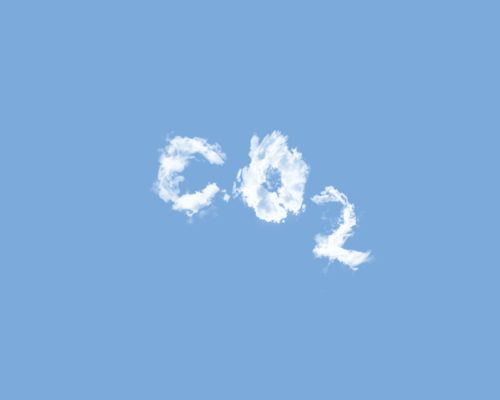
The Latest PDP8 Vietnam Draft – Focus on Renewable Energy and a Drastic CO2 Emissions Reduction
The latest draft of the Vietnam PDP8 sends the positive signal that the country is no longer looking in the direction of fossil fuels. Instead, it is further diversifying its low-carbon power sources, planning for notable clean energy growth and a massive CO2 emission reduction.

Are Large Japanese Companies Living Up to their Climate Commitments in 2022?
The climate and sustainability-related pledges of Japanese companies are a reflection of the government's commitment. While on paper everything sounds ambitious, the reality is there is much work left to be done on both micro and industry levels.
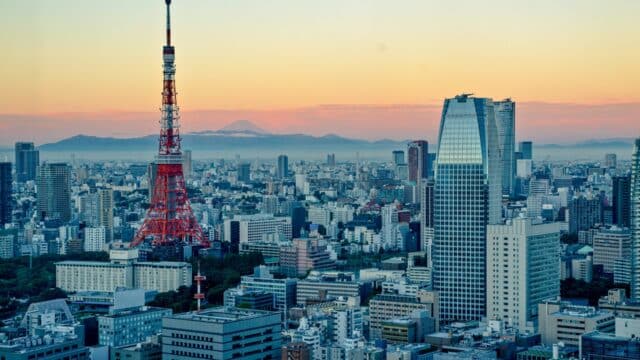
The Energy Mix Review in Japan – A Glimpse of the Future
The energy mix review in Japan will show the world how determined the country is to fulfil its 2050 net-zero goal and ensure a green future.
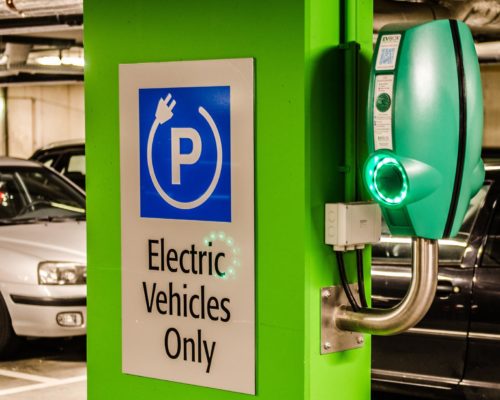
Japan’s EV Sales Boom: The Hunger for Electric Cars
Historically one of the world's leading auto manufacturers, Japan is lagging behind China and the West with EV's. The country must expand its work in the EV market, even if it comes at the expense of its hydrogen projects.
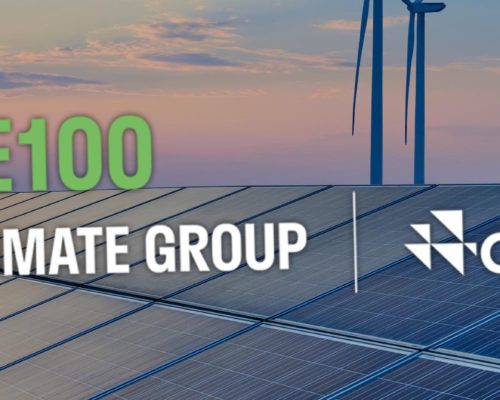
Hyundai Motor Group Affiliates Join RE100
Four of Hyundai Motor Group's major affiliates announced they are joining RE100, a global initiative of corporations pledging to reach net-zero in their operations. This is an important shift for South Korea's second-largest company and will hopefully put pressure on other industry leaders to follow suit. Now it falls on the South Korean government to promote the development of renewable energy infrastructure to support these targets.
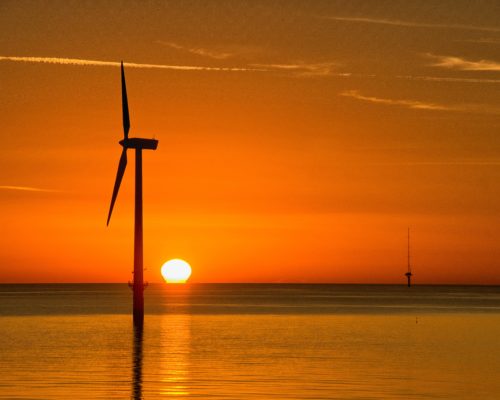
Accelerating Japan’s Energy Transition: A Possible and Much-Needed Mission
Nothing is stopping Japan from becoming a climate leader except for its own actions. If it abandons fossil fuels and embraces renewables, it could build a resilient, sustainable and self-sufficient energy system.

The Philippines’ Presidential Candidates 2022 Should Pursue Renewables and Halt LNG
Halting LNG expansion plans may be against the dominant trend in Southeast Asia, but the Philippines' presidential candidates must make the tough decisions if the country wants to mitigate its finance, energy dependence, stranded asset and climate risks.
Most Popular
Categories
-
10
-
35
-
126
-
4
-
17
-
46
-
52
-
11
-
10
-
15
-
24
-
6
-
1
-
5
-
6
-
284
-
200
-
17
-
24
-
1
-
1
-
23
-
41
-
44
-
88
-
18
-
86
-
41
-
17
-
11
-
43
-
54
-
86
-
299
-
22
-
44
-
36
-
11
-
42
-
36

